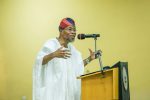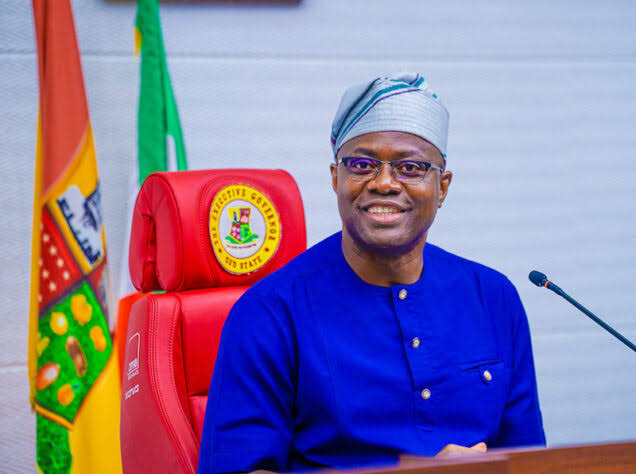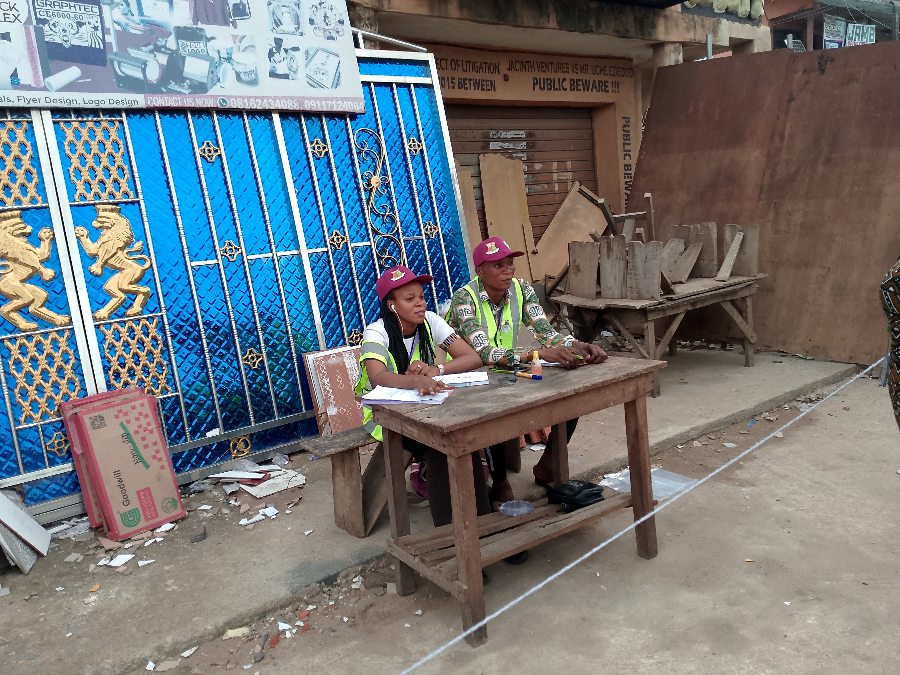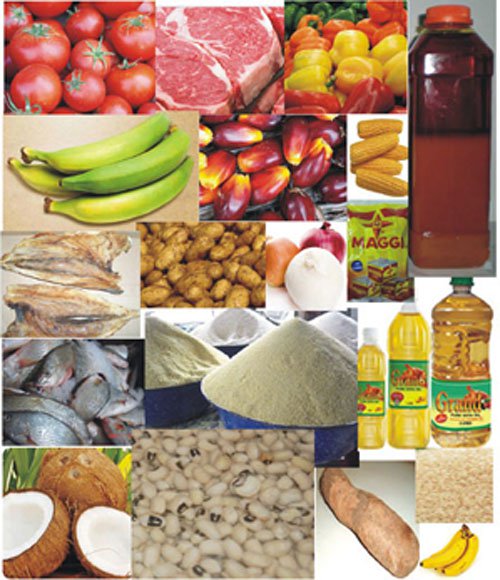OBSERVATION: Breaking The Chain Of Underdevelopment


- ADEMOLA YAYA
IT is very worrisome seeing the largest black nation in the world, with 220m people and 44 different mineral resources including crude oil and gas, gold and copper and arable lands that can grow all crops – cash and food – all year round continue to be held down by the chain of underdevelopment almost 63 years after its flag independence. Underdevelopment is “characterised by low real per capital income, widespread poverty, lower level of literacy, low life expectancy and underutilisation of resources” among others. But this is not the design of our forebears.
In December, 1964, Cocoa Research Institute of Nigeria (CRIN) was established in Ibadan as a replacement to the defunct West African Cocoa Research Institute (WACRI). It is a national institute with substations in the six geopolitical zones of the country with research mandate on Cocoa, Kola, Coffee, Cashew and Tea. Expectedly, the institute recorded remarkable breakthrough in research that enhanced the production and utilisation of these products. Cocoa House in Ibadan was built in 1965 from the proceeds of these commodities. The 26-story building was the tallest building in Nigeria and first skyscraper in West Africa. It was initiated by Chief Obafemi Awolowo from the proceeds of Cocoa exportation and commission by the National Investment and Property Company set up by the government.
At this period up till late 1980s, Nigeria Textile Mill was the highest employer of labour after government, relying on cotton production in Nigeria with many factories springing up, including transnational corporations, readily available to engage young school leavers in workplaces like Unilever Nigeria PLC, Exide battery, Michelin, Singer Company, Dunlop, Niger Match Company, just to mention a few. Nigerian economy was so buoyant that Nigerians didn’t need procure Visa to United Kingdom until September, 1986.


As a crude oil producing nation, our forebears built first refinery at Aleme, near Port Harcourt, which began operation in 1965 with a capacity of 60,000 barrel per day. The second was built in Warri 1978 with a capacity of 125,000 barrels per day. They didn’t stop there. They further built and commissioned Kaduna refinery in 1980 with 50,000 bpd. Its capacity was expanded to 110,000 in 1983 and the fourth, again at Alesa Aleme, near Port Harcourt in March, 1989, with 150,000 bpd, making Nigeria oil refining capacity to 445,000 barrels per day (bpd). How are these factories, research institutes, refineries faring today? They have all been liquidated by the ruling elite – Military and Civilians – who picked up the baton from our forebears because they lack any developmental agenda. Theirs is to enrich themselves via white elephant projects that will pull more and more people into poverty.
READ: OBSERVATION: State Of The Nation II
Nigeria constant but rapid slide into retrogression has been very alarming in the last 25 – 30 years while its counterparts around the world are rapidly developing. South Korea, for instance, is unlucky to be domiciled without natural resources but has three of the largest oil refineries in the world. It buys crude oil from Nigeria to refine and sell back refined products to us. It is interesting to know that Ulsan Refinery in South Korea was built a year before Nigeria Old Port Harcourt Refinery – 1964 – with 35,000 barrel per day. While our own has become moribund, Ulsan refinery has grown to become third largest refinery in the world with a capacity of 840,000 barrel per day! Dubai is another example. Since its discovery of oil in 1966 and its first shipment in 1969, it has continued to rapidly expand and grow. When its economy was hit by the Great Recession of 2000s, it announced measures to combat it such as various tax cutting measures to incentivise businesses in the region, liberalise its hitherto strict policies on alcohol consumption and cohabitation among others. It has continued to use proceeds from its oil for its rapid development and diversified its economy into maritime, internet technology, building projects, etc.
Today, Dubai is a bride of the world. Recently, it had a diplomatic problem with Nigeria over flight allocation and ban airlines from airlifting Nigerian passengers into the Emirates and our President had to plead and negotiate for lift of the ban. This shouldn’t be our priority. What is paramount is to quickly revert to our forebears’ philosophy and principles to rebuild our country under genuine federalism as against the present unitary arrangement.
Our leaders don’t need wasting time, junketing around the world looking for Foreign Direct Investment (FDI). What they require is the will power to galvanise the system of local productivity, creating an enabling environment that will make business easy and profitable vis-à-vis stable but affordable electricity, good road and rail network, cheap means of mass transportation of people from one point to another and qualitative but affordable education that is problem-solver and not certification for all, among others. The austerity measures against the poor particularly and appeals for perseverance are not the way forward. Derobing comfort of the people with very limited money to buy necessities via fuel price increase (under the guise of removal of fuel subsidy) thereby increasing cost of living, education, among others are surest way to kill small businesses, especially and push the crises-ridden country further into underdevelopment and escalated insecurity, while big businesses will groan and relocate to another country where business environment is friendly.
The harsh situation is not peculiar to businesses. Nigerians, many of whom are professionals, are moving out of the country in droves, seeking friendly environment. Friendly business environment is a deliberate measure that must be instituted. For instance, if you desire assemblage of flies, defecate on the ground and observe what happens – flies will automatically surface. Subsidy on our collective energy – petrol – must be restored while sincere effort is made to refine crude oil locally. It runs against common sense to first export our crude oil abroad and import refined later. It is corruption in oil sector that is responsible for this abysmal. Instead of punishing the poor by removing subsidy from fuel, our leaders should be firm on anti-corruption in that sector and punishing economic sabotage severely and promptly.
It is the surest way at increasing consumers spending that will create business friendly environment that will bring prosperity to Nigerian businesses, reduce insecurity and violent crimes and attract that celebrated foreign direct investment. In addition, there is a huge deficit of social intervention as most previous such interventions did not actually get to the target – the vulnerable. The new ones, which are urgently required, must be genuine social protection and intervention programmes that will get to the extremely poor people and not the ones, via perennial corruption, that will enrich people in-charge as used to be. Negligence on these interventions over the years is majorly responsible for the state of insecurity in the land.
Except the present ruling elite quickly revert to the aforesaid steps, Nigeria development will not only be continuously arrested, the fragile country will continue its slide into oblivion.










